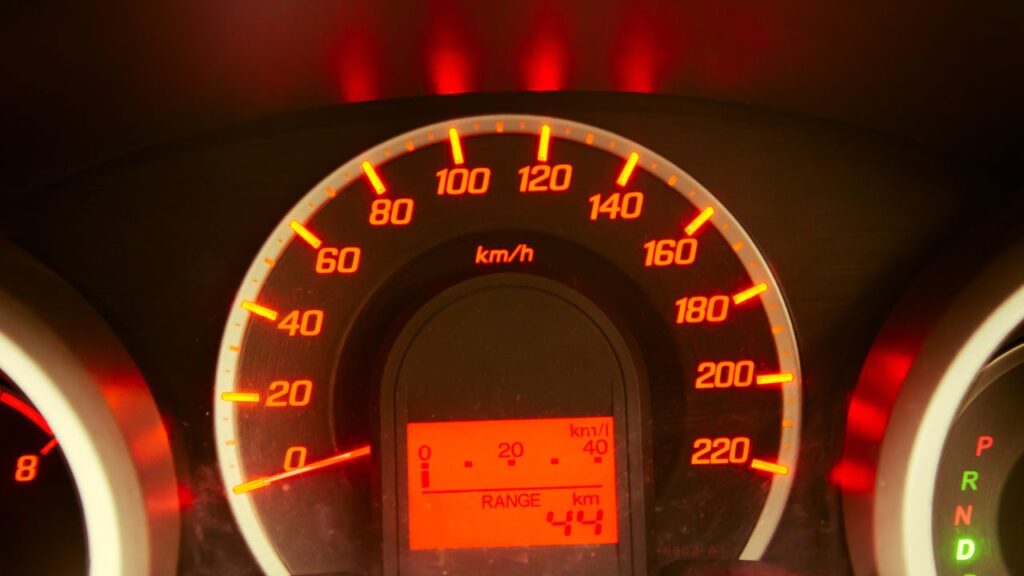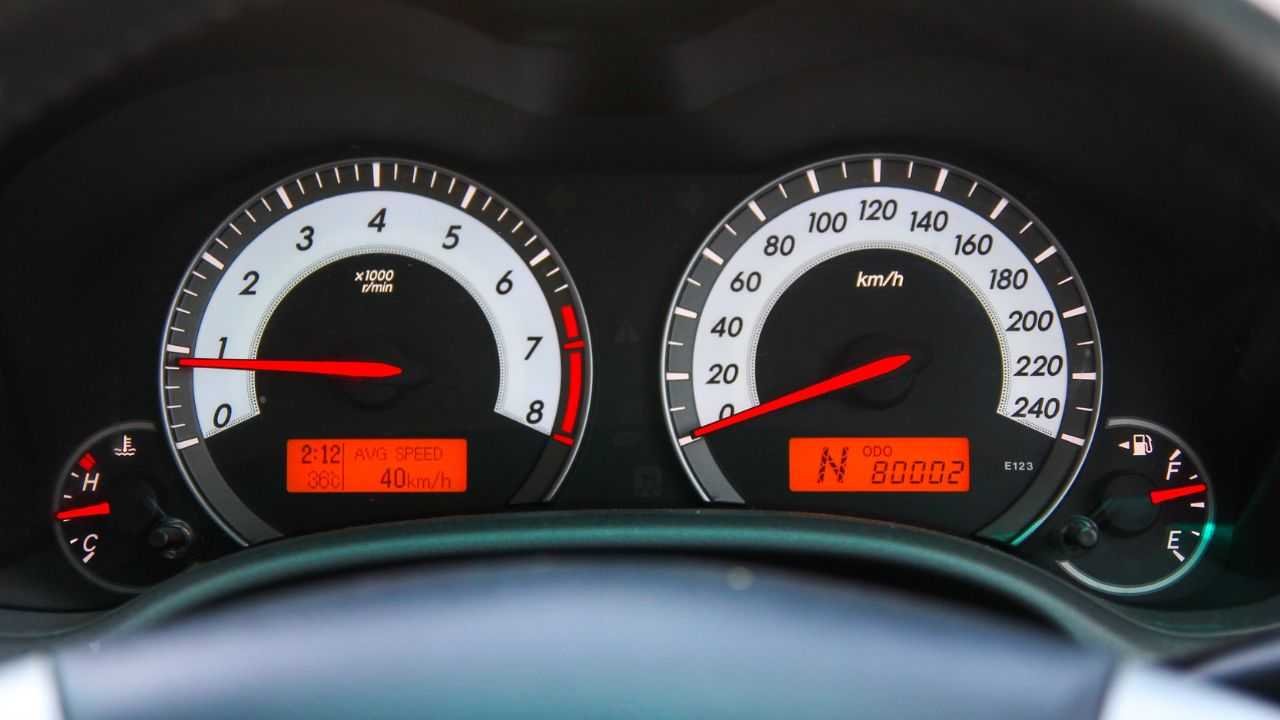Car Mileage Correction: Mileage correction, while a necessary service in certain scenarios, is often surrounded by misconceptions and legal concerns. It’s crucial for vehicle owners to understand what mileage correction entails, the legitimate reasons for its application, and the implications it carries. This detailed guide aims to clarify the process, highlight the legal context, and explain when and why mileage correction might be necessary for a vehicle. By demystifying this complex subject, we hope to provide clarity and confidence to those needing to undertake this procedure.
What is Car Mileage Correction?
Car mileage correction refers to the process of adjustmenting the reading on a vehicle’s odometer. The odometer is an instrument that measures the distance a vehicle has traveled throughout its life. This can be displayed as miles or kilometers, depending on geographical location and manufacturer settings. Mileage correction becomes a subject of interest when discrepancies arise between the actual distance traveled and what the odometer shows.
These discrepancies can occur for several reasons:
- Electronic malfunctions: Modern vehicles rely on electronic systems where glitches can lead to inaccurate readings.
- Mechanical failures: In older cars, mechanical odometers can wear out or get damaged, leading to faulty readings.
- Post-repair discrepancies: Following significant vehicle repairs or electrical faults, the odometer might reset or fail to reflect the true mileage.
When is Mileage Correction Legally Justified?
Mileage correction is often viewed through a lens of skepticism due to potential abuses. However, there are several legitimate circumstances under which correcting an odometer is both legal and necessary:
- Instrument Cluster Replacement: If the instrument cluster has been replaced due to damage or malfunction, the new cluster’s odometer will often start at zero unless it is set to reflect the vehicle’s actual mileage.
- Faulty Odometer: Odometers, like any part of a vehicle, can fail. Whether due to factory defects, wear and tear, or electrical issues, a non-functional odometer must be corrected once repaired or replaced.
- Accidental Resets: In rare cases, vehicle odometers can accidentally reset (often during major electrical repairs). Restoring the correct mileage is crucial to maintaining the vehicle’s value and compliance with legal standards.
- Vehicle Importation: When vehicles are imported into a country where the distance unit differs (miles vs. kilometers), conversion and recalibration might be required to comply with local regulations.
In each of these situations, mileage correction is not only justified but necessary to ensure the vehicle’s documentation reflects its true history and usage. This correction must be performed by qualified professionals using specialized equipment to ensure accuracy and compliance with all legal standards.
The Process of Car Mileage Correction

Mileage correction should be carried out with precision and integrity. The process generally involves the following steps:
- Initial Assessment: This involves checking the vehicle’s service history and previous MOT certificates (or equivalent documents) to ascertain the correct mileage.
- Diagnostic Check: A thorough diagnostic check is conducted to determine the cause of the odometer discrepancy. This helps in identifying whether it’s a result of a malfunction or tampering.
- Using Specialized Tools: Technicians use specialized diagnostic and programming tools to interface with the vehicle’s onboard computer. These tools can accurately adjustment the odometer to reflect the true mileage.
- Verification and Documentation: After adjustmentment, it’s crucial to verify that the new reading matches the determined true mileage. Documentation of the entire process, including the reason for adjustmentment, must be maintained for legal and transparency purposes.
Ethical and Legal Considerations
Mileage correction, while necessary in some circumstances, is tightly regulated. Here are the ethical and legal considerations vehicle owners should be aware of:
- Transparency: Full disclosure of any odometer correction is mandatory when selling the vehicle. Withholding this information can lead to legal consequences and loss of trust.
- Legality: It is illegal to alter a vehicle’s odometer reading with the intent to deceive potential buyers about the vehicle’s mileage. Only legitimate corrections are justified and should be done by authorized professionals.
- Record-Keeping: It’s advisable to keep all records of odometer corrections, including why and how the corrections were made, to provide proof of legitimacy if questioned.
Frequently Asked Questions (FAQs)
Address common queries that vehicle owners might have about mileage correction:
- How can I ensure the mileage correction is done legally?
- Always use reputable service providers who use approved tools and follow legal guidelines strictly.
- Will mileage correction affect my car’s resale value?
- If done for legitimate reasons and properly documented, it should not negatively affect the resale value; however, transparency with potential buyers is crucial.
- Is there a risk of damage to my vehicle during mileage correction?
- When performed by qualified professionals using the correct tools, there is minimal risk of damage to the vehicle.
Conclusion
Mileage correction is a sensitive topic that requires understanding both the technical aspects and the legal implications. By ensuring that any corrections to your vehicle’s odometer are conducted for legitimate reasons and with full transparency, you can maintain the integrity and value of your vehicle. Always consult with a professional if you suspect your odometer needs adjustmentment and ensure that all procedures are performed within the bounds of the law.


What words… super, a magnificent idea
Quite right! It seems to me it is excellent idea. I agree with you.
It is remarkable, rather amusing idea